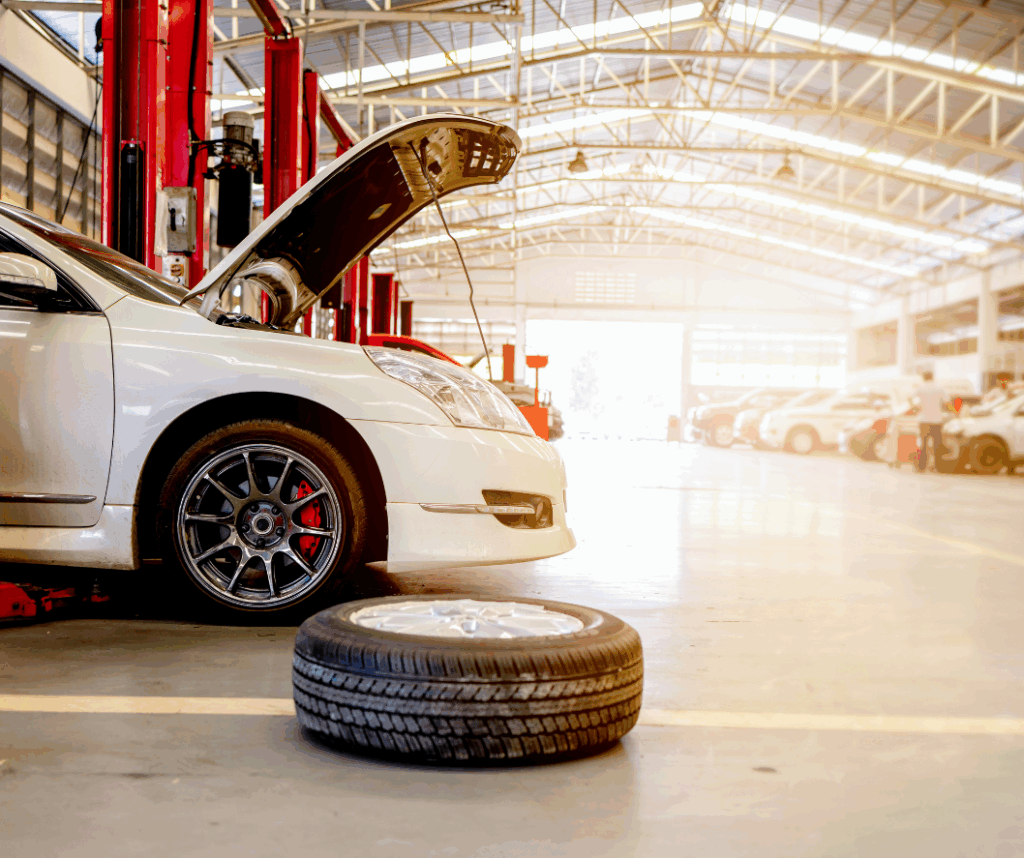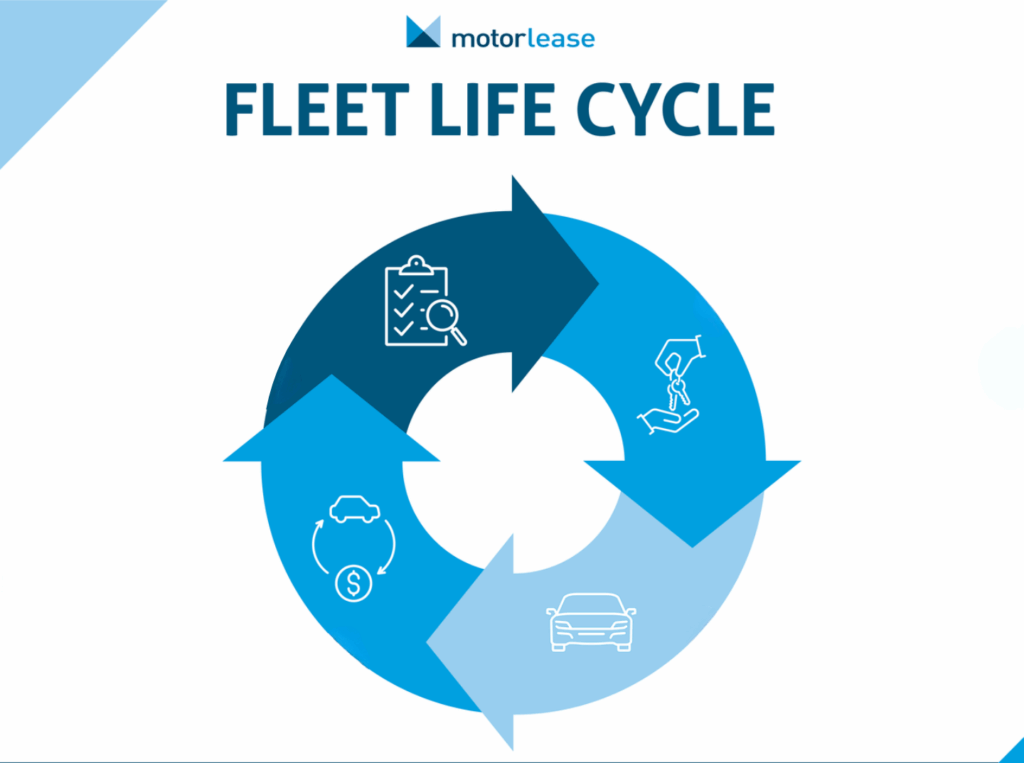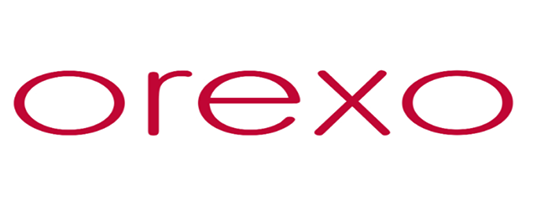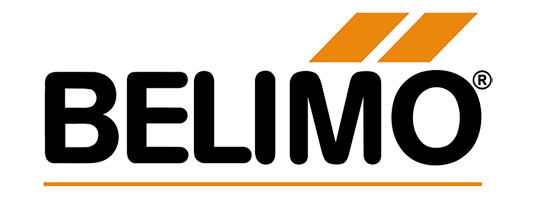When speaking to companies about their vehicle acquisition process, we frequently hear things such as: “we just let the drivers decide what they want” or “we’ve always offered these vehicles.” Unfortunately, that type of attitude towards vehicle acquisition can often times cause companies to spend more time, money, and frustration than need be. Developing a clear and well thought out strategy for vehicle acquisition will end up paying huge dividends in the long run.
Here are three things to consider when it comes time to make new acquisitions for your fleet.
In This Article
Vehicle Selection
Vehicle Life Cycle
Vehicle Procurement Source
Vehicle Selection
What may seem like the simplest part of the vehicle acquisition process might actually be the most complex. There are numerous factors that need to be considered when determining which vehicles to offer employees.
First and foremost, you have to determine how many vehicle choices you are going to offer, if more than one. Often times we’ve seen clients spend an extraordinary amount of time putting together a robust vehicle selector list only for the vast majority of employees to end up choosing between the same two vehicles. It’s good to give choices, but you want to keep it within reason.
Along the same lines, you also need to ensure that the vehicles being offered are appropriate for the function they’re going to serve. If the vehicles are going to be used by outside sales reps, then you may prefer more fuel-efficient vehicles to gas-guzzling pickups or full-size SUVs. If the drivers are hauling equipment, then you need to make sure that the vehicle is large enough to handle the cargo. This may seem obvious, but we’ve seen countless examples of buyer’s remorse.
You then need to determine the equipment and options that you want to include in each vehicle. Since different vehicles offer different packages, this can sometimes get tricky. You may be able to add a stand-alone moon roof to one vehicle; however, in another vehicle, it may only be available as part of a premium package, thus increasing the price over your budget. It’s also important to determine which equipment consumers expect to be included in a vehicle. This comes in to play on resale. A high-end model vehicle with only base features is going to fetch far less on the resale market than one appropriately equipped. This is one of the reasons that we council our clients on the appropriate equipment for each vehicle prior to selection.
Vehicle Life Cycle
While it may seem odd to discuss the replacement schedule of a vehicle that you’ve yet to acquire, it’s an important consideration that should not be overlooked.
The main reason why a well thought out replacement schedule is so important is because of the impact it has on overall costs. Regardless of whether you’re currently on a closed-end lease program, purchase program, or open-end lease program, the resale value of the vehicle is going to have an impact on your company’s bottom line. With a closed-end lease program, the difference between running a vehicle for 65k miles, and 75k miles may be reflected in your monthly lease payments due to the difference of the anticipated residual values for the different terms. If you currently purchase your vehicles, you’ll want to forecast the optimum time to replace the vehicle because you are ultimately responsible for any loss or gain upon resale. The same goes for an open-end lease program, which essentially works just like ownership.
In addition, determining an optimal replacement schedule allows you to minimize maintenance costs. For example, if you know that tires and brakes need to be replaced every 50k miles, yet you’re currently cycling at 60k miles, you may be better off lowering your replacement schedule by 10k miles to avoid having to absorb those costs for a mere 10k miles of use. A replacement schedule will also allow you to cycle out vehicles before major repairs, such as transmission or engine work, are needed, which could result in enormous savings.
Vehicle Procurement Source
When it comes to procuring vehicles, there are essentially two options: purchasing off of a dealer’s lot or ordering directly from the factory.
Both methods come with benefits and drawbacks.
If you need a vehicle fast, procuring from dealer stock will put a vehicle in your driver’s hands much quicker than factory ordering. However, in exchange for that expedited timeframe, you’re likely to end up paying more. Dealer markup, documentation fees, transportation fees, retail vs. fleet incentives, all of that extra cost is going to be passed on to you.
When procuring from dealer stock, there is also no guarantee that the vehicle you want is even going to be available. If the vehicle that you’re looking for is popular, or production has halted, supply may be limited, and dealers may be reluctant to sell them to non-retail clients.
Additionally, when sourcing from a dealer, you have to be willing to be flexible in regards to equipment. While you may want an all-wheel drive vehicle, if you’re driver is located in Texas, front-wheel drive may be all that’s available. You may not want to include a Premium Package, but if you’re looking at a higher trim model, that may not be possible. Under the dealer stock method of procurement, you’re at the mercy of what’s available at the time.
Conversely, ordering vehicles directly from the factory will take longer, however you are guaranteed to get the exact vehicle that you want, at the best possible price.
Factory ordering vehicles can take anywhere from 3-6 months on average, depending on the manufacturer. This is because each vehicle is custom made to your specifications. As opposed to being limited to what a dealer has in stock, you get to select each and every option, color, and accessory that you want included, or not included, in your vehicle.
Factory ordering will also allow you to save money because you’re omitting the middle-man. You don’t have to worry about a litany of fees and ancillary charges. Ordering directly from the factory also allows you to take advantage of fleet incentives that may not otherwise have been available if you purchased through a dealer. Depending on the manufacturer, that could end up saving you thousands of dollars.
For more information about how Motorlease can help your company develop an efficient fleet acquisition strategy, please contact us at 800-243-0182













